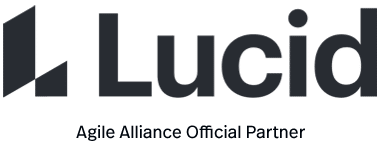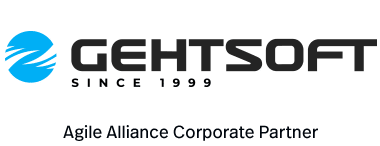Once a project has been underway for some time, or at the end of the project (in that case, especially when the team is likely to work together again), all of the team’s permanent members (not just the developers) invest in one to three days in a detailed analysis of the project’s significant events.
Even more than an iteration retrospective, this should be a facilitated meeting, adhering to a structured format that varies according to objectives but will be specified in advance.
Also Known As
The terms “project retrospective” or “interim retrospective” are also used, the intent being to distinguish them from the iteration retrospective.
Common Pitfalls
- Retrospectives should generally be facilitated by someone external to the team rather than one of the members, managers, or stakeholders; someone with a vested interest in the project’s outcomes would find it difficult to both facilitate discussions impartially and take part in them.
- The main concerns in a milestone retrospective are different than those of an iteration retrospective, and may have a broader impact: they include the long-term or strategic viability of the project, healthy work relationships among team members, or governance concerns, while iteration retrospectives tend to focus on concrete and tactical matters.
Further Reading
- Project Retrospectives by Norm Kerth (2001)




